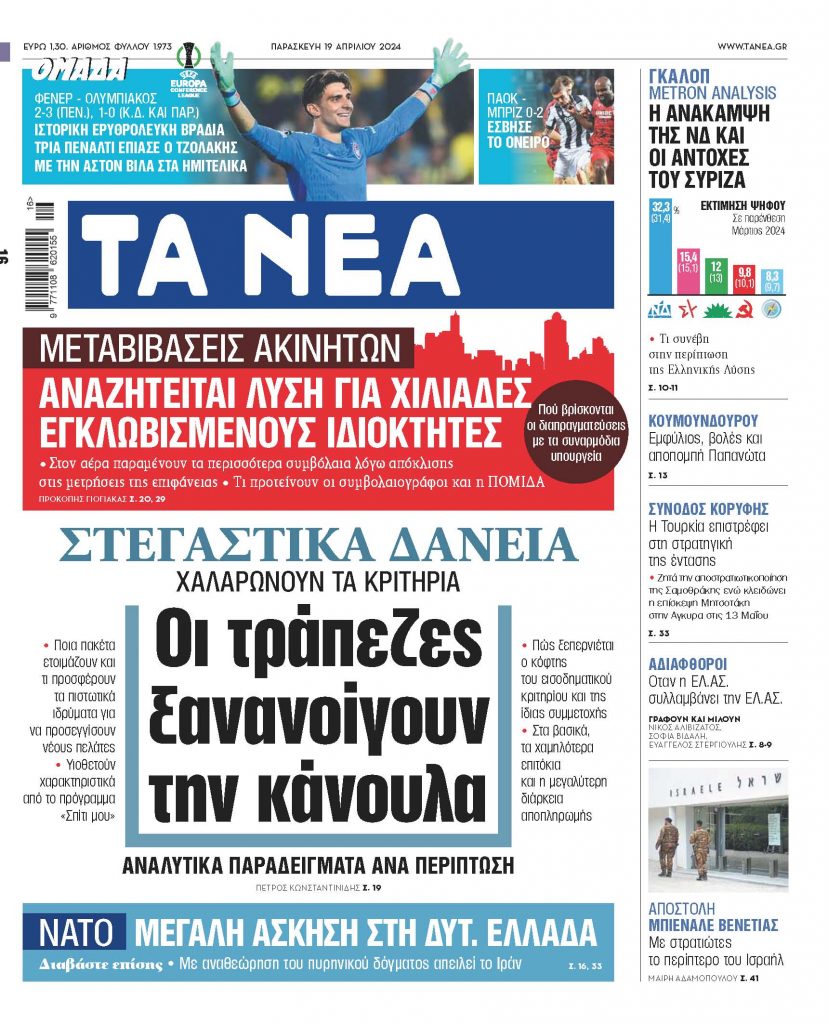Constitutional Law Professor Nikos Alivizatos makes two very important observations, among others, in an interview granted to the weekend edition of Ta Nea.
The first is that a country’s Constitution should not be an inflexible document, but rather open to changes.
The second observation, which is directly related to the first, is that political polarisation has no place in the process of amending the Constitution. He stresses that political divisions should not impact on institutions.
Effectively, the prominent constitutional law professor is ringing an alarm bell.
Our country, in both the remote and recent past, has paid dearly for divisions, often cultivated by political forces that seek to benefit from them.
Even if this phenomenon characterises our political life, under no circumstances should it be allowed to infect the constitutional revision, for obvious reasons.
The Constitution is a sacred text of democracy. That means it must be approached with in-depth discussion and analysis, and not with barren clashes and petty partisan competitions.
The constitutional charter of a country is the totality of the fundamental political and economic rules that govern co-existence in a society.
Yet, societies change, and they are not static. That very change, which is inherent in the concept of life itself, leads to a revision of rules.
Another element that leads to the revision of rules is the fact that, in practice, they cannot be implemented, or are unsuitable.
The constitutional provision on ministerial responsibility, which institutes an exceptionally brief statute of limitations for punishable acts committed by ministers while in office, is a prime example.
The time is ripe for a revision of the Greek Constitution.
It is high time that the political system demonstrates the requisite maturity to proceed.
